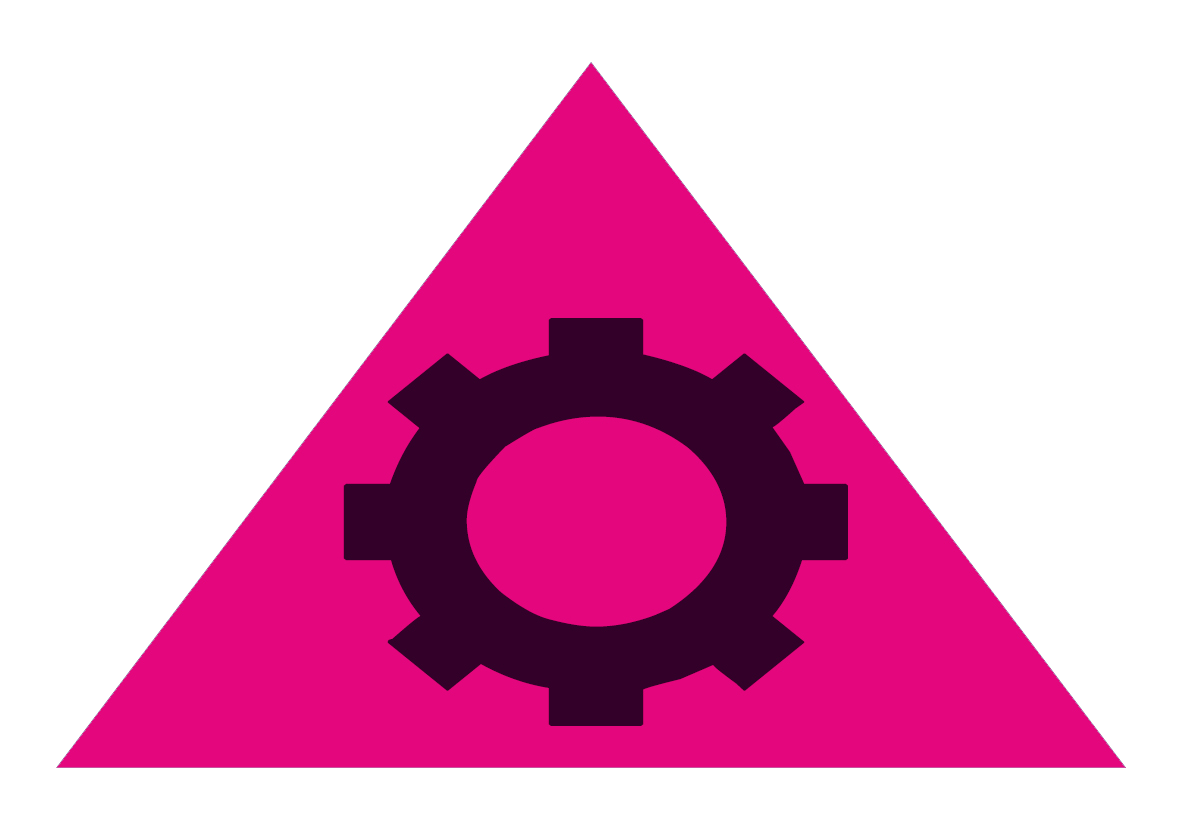Dreams don't work unless you do
THE “LOST GENERATION”
I was born in ’61 and thus belong to the so-called “lost generation”. At the time we were 5 times less likely to attain a job than the members of the “protest generation” (born between ’45 and ’55). Those gone too long without a job suffered since the next generation was eager to fill the vacant posts. Hence the term “lost” generation. This led to an adjustment of my ideals, which were strongly influenced by the roaring twenties. I had to face it: unrealistic idealism is not the key to making money. A self-centred and materialistic one then followed my generation. In perspective of the evolution and zeitgeist at that time, I don’t blame them.
In the meantime, it’s 2015 and my future is now undoubtedly shorter than my past. This doesn’t mean that I’ve completely abandoned my earlier ideals. I even feel that some of these youthful ideologies somehow fit in those of the new generation.
The rough capitalism is somehow given a human face. Making as much profit as possible is no longer the core and only business. Companies are gradually taking their responsibility. Much remains to be done, but progress has been made.
SHIFT IN NORMS AND VALUES.
Our economic mind is put to the test and a gradual shift in norms and values is taking place.
In particular a shift in:
• The purpose of our economic activities: going towards a sustainable growth.
• The position of our economic activities: from competition towards cooperation.
• The result of our economic activities: from profit towards values.
The first one is a hot topic. Those companies, who want to remain in touch with their clients as well as being accepted by them, will have to go towards a sustainable growth. Consumers give more than ever great importance to responsible corporate behaviour.
The second one is gaining importance. Co-creation is the new buzzword, but only few people know the real deal of it. I would like to come back to this term in a later blog post.
The third one will take time and is usually oversimplified.
FROM PROFIT TO VALUES.
This shift might sound fairly unrealistic and implausible. We carry the consequences of the past and time is needed to convince people that enterprising and ethics can work together. Not everyone sees its possibilities, while others almost have a blind faith in it and even look for opportunities to translate those fine words into action.
Does this mean that all those companies suddenly don’t care anymore about making profit? Of course not! Making profit is not only important, it is just necessary. It is needed to meet social responsibilities. Profit is a must … but not anymore at the expense of the general safety, working conditions and the environment or at the disadvantage of employees, clients or suppliers
We have to face it; there is still a lot of work to be done. Don’t be naive to think you can realise all this from one day to the next. If you want to replace all your resources, production processes, fleet … into more efficient and environmentally friendly variants and evolve towards the best safety and working conditions, you are likely to price yourself out of the market. But you will definitely build up credibility and confidence by showing the steps you take towards a sustainable management of the environment, employees, clients and suppliers. In the short term a fall in profits is likely to happen. On the long term the continuity will grow exponentially and influence the profitability in a positive way.
Aiming to find a right balance between business interests and social responsibility will pay off in the long run. Profit and values are not in direct opposition to one another. On the contrary, they should work in tandem. There is nothing wrong with fair profit. Good managed profit is of benefit to all stakeholders. Both to employees (a fair compensation and good working conditions), clients (fair products and services at a fair price), suppliers (fair deals), managers (fair reward for taking fair risks) as to the whole of society (fair tax). This might even sound too good to be true, but to quote Marcel Proust: “All earthly happiness is based on a compromise between dream and reality.” If you are committed to succeed, you can slightly shift reality towards your dream and definitely reach a better compromise.

